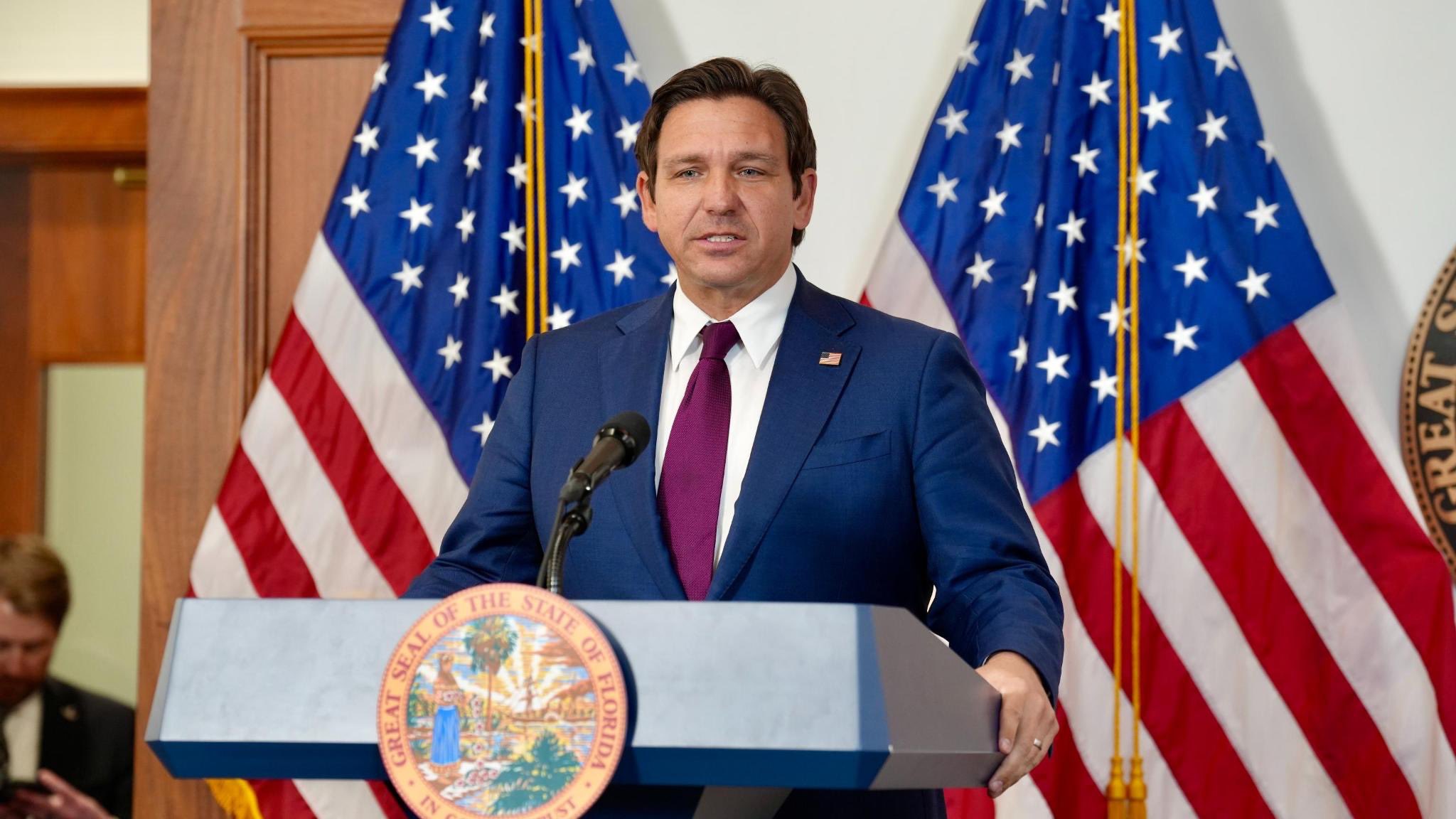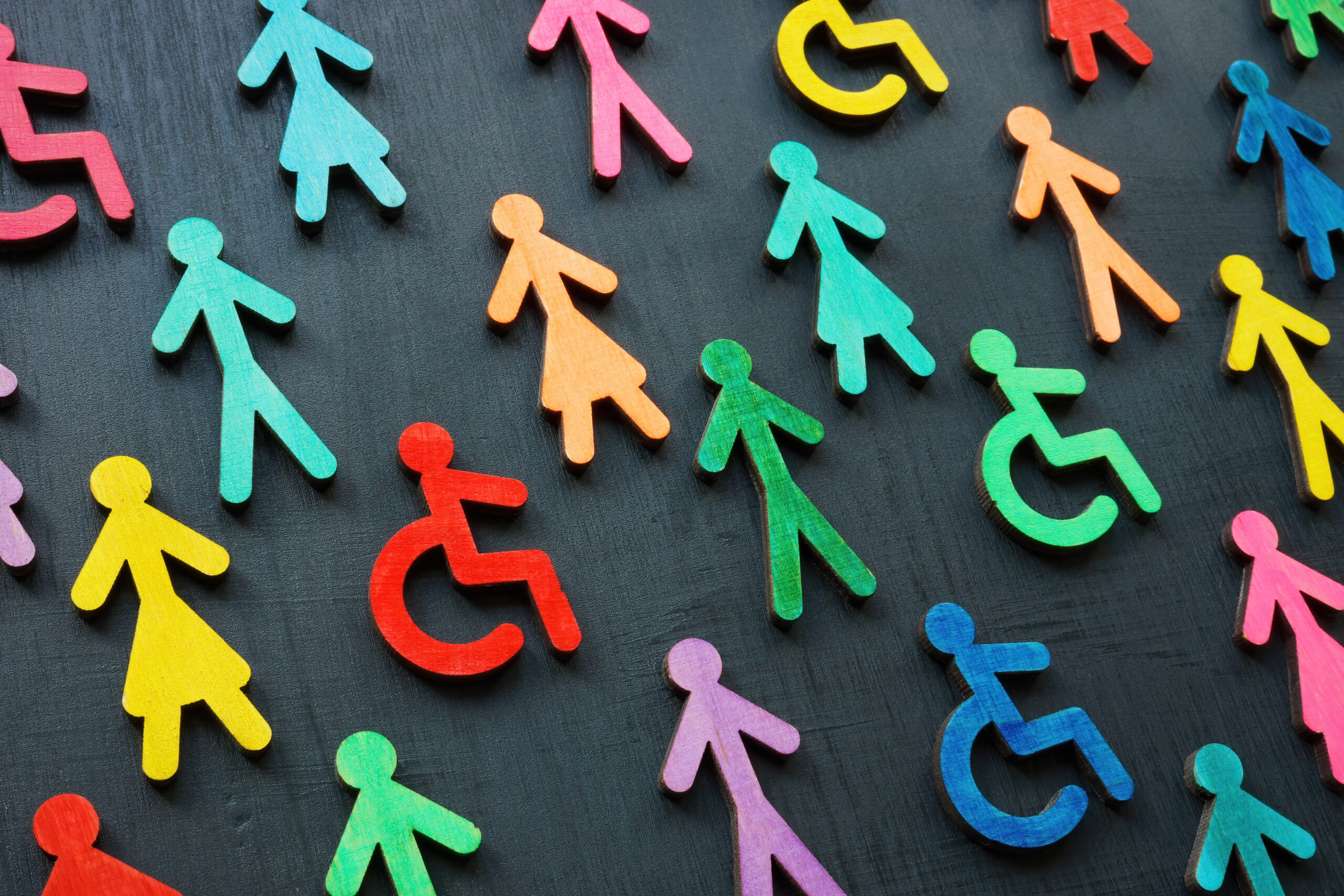Florida school students could be given instruction on disabilities as part of their curriculum if a new bill intended to raise awareness is passed in the upcoming Legislative Session.
The bill (SB 540) was filed by Tampa Republican Sen. Jay Collins and is titled the “Evin B. Hartsell Act.” The bill aims to amend current legislation to require, rather than authorize, disability history and awareness instruction to students in public K-12 schools.
If passed, the bill would mandate a specific two-week period each year during which students would receive intensive instruction to expand their knowledge, understanding, and awareness of individuals with disabilities, the history of disability, and the disability rights movement.
Students would receive specific instruction on several topics relating to disabilities through the course of each grade. District school boards would be authorized to consult with the Evin B. Hartsell Foundation to help with the development of the curriculum.
Disability history could include the events, timelines, development, and evolution of services, the civil rights of individuals with disabilities, the contributions of specific individuals with disabilities, and contributions made by national leaders.
Instruction for grades K-3 would include conversations around bullying — including what a student should do if they are being bullied, what they should do if they witness someone else being bullied, and what bullying looks like and its different types. Instruction could also incorporate the school’s own anti-bullying policy.
Activities teaching about physical disabilities would also be in the instruction for K-3, including having students try to complete tasks using only one hand, taking turns using a wheelchair, or having students’ complete tasks while blindfolded with other students acting as their guides.
Grades 4-6 would have instruction focused on learning about autism spectrum disorder, which would include activities that require students to communicate to each other without speaking.
Students in grades 7-9 would be provided information on hearing impairment and what life is like for a person living with such a disability. Reading each other’s lips, attempting to listen to a teacher while loud music is playing, or wearing ear plugs could be included in teaching activities.
For high school students in grades 10-12, instruction would include the different types of learning and intellectual disabilities — with learning activities that demonstrate what life is like living with a learning or intellectual disability, including having students attempt to read sentences backwards.
If passed, the act would take effect July 1.
Post Views: 0

 Entertainment8 years ago
Entertainment8 years ago
 Entertainment8 years ago
Entertainment8 years ago
 Politics8 years ago
Politics8 years ago
 Tech8 years ago
Tech8 years ago
 Tech8 years ago
Tech8 years ago
 Tech8 years ago
Tech8 years ago
 Politics8 years ago
Politics8 years ago
 Tech8 years ago
Tech8 years ago









